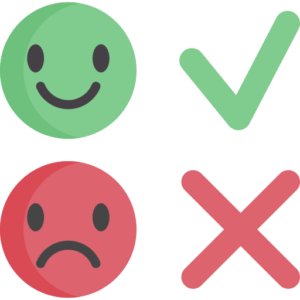by Richard Holliman
I recently published an article for the Times Higher Education, where I explored practical approaches to fostering open and engaging research communication. The article explores a series of questions, with some suggested solutions, to support researchers in developing communication strategies that connect with various ‘constituencies’ (researchers, interested and affected parties, and members of the public) throughout the research cycle.
In this article I propose an underlying rationale for moving from open research towards open (and engaging) research communication. Put simply, my argument is that open and engaging research communication can help to promote ‘fairness in knowing’. This is particularly important for minoritized constituencies, groups of people that have been, and continue to be, excluded and oppressed by dominant sections of society.
Opening up research
Notwithstanding obvious and ongoing challenges, including the cost vs. price of publication, the proliferation of ‘predatory’ journals, and ownership of intellectual property, I’d argue that open research (encompassing forms of open access publication and open data) has the potential to drive positive change in academia and wider society. (Martin Weller’s book, The Battle for Open, offers an insightful review of key arguments in this space.)
Following concerted moves to open up research beyond simply making research outputs publicly available we have seen changes to the requirements to publish research findings in some peer reviewed journals, such as ‘plain language’ summaries of, and/or key points (e.g. see America Geophysical Union). In a similar vein, some peer reviewed journals now require the publication of open data in combination the publication of a research output (e.g. PLOS ONE).
Research outputs: I’m using the term research outputs deliberately. Research can be represented in many forms. Depending on disciplinary norms this can involve publication in a peer reviewed journal, conference papers, monographs, edited collections and/or chapters therein, some other form of artefact, etc. Whilst the possibilities are not endless, there are a wide range of forms for effective research communicated, in ways that will be readily understood by academics with analogous training to those seeking to publish.
From open research to open and engaging research communication
Increasing access to knowledge offers the potential for a wider range of constituencies to scrutinise the outputs from research processes. But who does open access really benefit, by which I mean, who really gains access to research data and findings through greater openness?
Research was defined in the 2021 version of the UK’s Research Excellence Framework as: “a process of investigation leading to new insights, effectively shared”. This was a necessarily broad definition that applied to all forms of academic research. In my experience what was meant by effectively shared, with whom, and at what points in the research cycle was defined in practice, in large part, through internal assessments of what would be likely to score highly in this assessment. The question follows: did academic concerns about what would score highly through this UK-wide research audit serve the interests of wider constituencies and social and economic forms of impact?
My contention is that open data and open access publication is most likely to extend access to a wider range of disciplinary-based and multidisciplinary-based researchers who may not have access through their institutional libraries, and a small number of additional users, e.g., freelance authors, independent researchers without institutional affiliations.
Open access publication, even with the inclusion of ‘plain language’ summaries and/or open data sets is therefore less likely to be useful and relevant to wider constituencies that may be affected by new research and/or members of the public without direct interest in a given research field.
Does this matter? I’d argue that it does, in part because knowledge (particularly publicly funded knowledge) should be open and easily accessible. To do this effectively should involve consideration of wider constituencies, exploring forms of communication and engagement that work for them.
Communicating the findings from research, however, should not be the only goal. Opening up research processes offers wider constituencies opportunities to engage throughout the research cycle, gaining authentic experiences, and contributing relevant forms of expertise and lived experience. Developing sophisticated communication and engagement strategies, researchers and wider constituencies can improve the quality of that research by drawing on relevant expertise and experience. If researchers adopt engaged research practices, there is wisdom in the distributed crowd.
‘Blue skies’ and ‘Applied’ Research
One of the issues that’s often raised when I discuss the possibilities of embedding open and engaged communication within a research project is the distinction between ‘blue skies’ and ‘applied’ research. The challenge for ‘blue skies’ researchers, so the argument usually goes, is that it is harder to be ‘engaging’ when compared to ‘applied’ research.
I’ll start by noting that I don’t agree that applied researchers are getting an easier ride when it comes to planning for open and engaging research communication. But I am happy to agree that ‘blue skies’ researchers have a different set of challenges when they’re planning for open and engaging research communication. For a start, the constituencies for ‘blue skies’ researchers are different in certain key regards. While all researchers could seek to communicate research via media professionals with a view to disseminating findings to the wider public, for example, they are likely to have fewer bespoke ‘publics’, i.e., those directly affected by a research agenda or its immediate impacts and/or implications.
‘Publics’: By ‘public’s I mean interested and affected parties, institutional actors, NGOs, representatives from economic or societal entities, user communities, members of the public, and/or groups who come into existence or develop an identity in relationship to the research process.)
How then should researchers seek to engage with different constituencies when planning communication and engagement strategies for ‘blue skies’ or ‘applied’ research. Figure 1, produced by the National Coordinating Centre for Public Engagement (NCCPE), offers a tool to start mapping potential publics for research.
The questions that follow Figure 1 act as prompts for ‘creating publics’ for ‘blue skies’ research, also when and how to communicate and engage with them in the research cycle. (The latter is an issue that is addressed in more detail in my article in the THE: fostering open and engaging research communication.)
There are an equivalent set of prompts for applied research in the following open access research output: A case study from Guyana of adapting engaged research design to promote ‘fairness in knowing’.
.jpg)
Figure 1: Mapping ‘publics’ for research. Source: NCCPE.
Mapping publics for ‘blue skies’ research:
- Who should have a voice in planning for open and engaging research?
- What forms of expertise and/or lived experiences could inform your planning for open and engaging research?
- What opportunities could be offered to allow existing and emergent ‘publics’ to connect with research through: a) forms of dissemination that can inform and educate; b) bespoke interactive events and activities that can inspire and entertain; c) knowledge sharing activities that facilitate consultation; and d) advice and advocacy that promotes partnership and/or collaborative working?
- How will you communicate and engage in ways that are inclusive to different publics, including those who have previously been excluded (e.g., minoritized groups)?
Summary
Communication and engagement need to be recognised as core components of research, with associated rewards for exceptional and sustained contributions. Conceptualising research as both open and engaging involves a broader conceptualisation of effective sharing of new insights. To be genuinely open and engaging researchers should develop sophisticated research communication plans to communicate with interested and affected parties throughout the research cycle.
If we are to genuinely promote ‘fairness in knowing’ researchers need to meet groups that have experienced historical and contemporary forms of discrimination and disadvantage on ‘shared territory’. Researchers need to build their capacity in equitable approaches to communication and engagement based on the principles of doing no (more) harm combined with support for positive change.



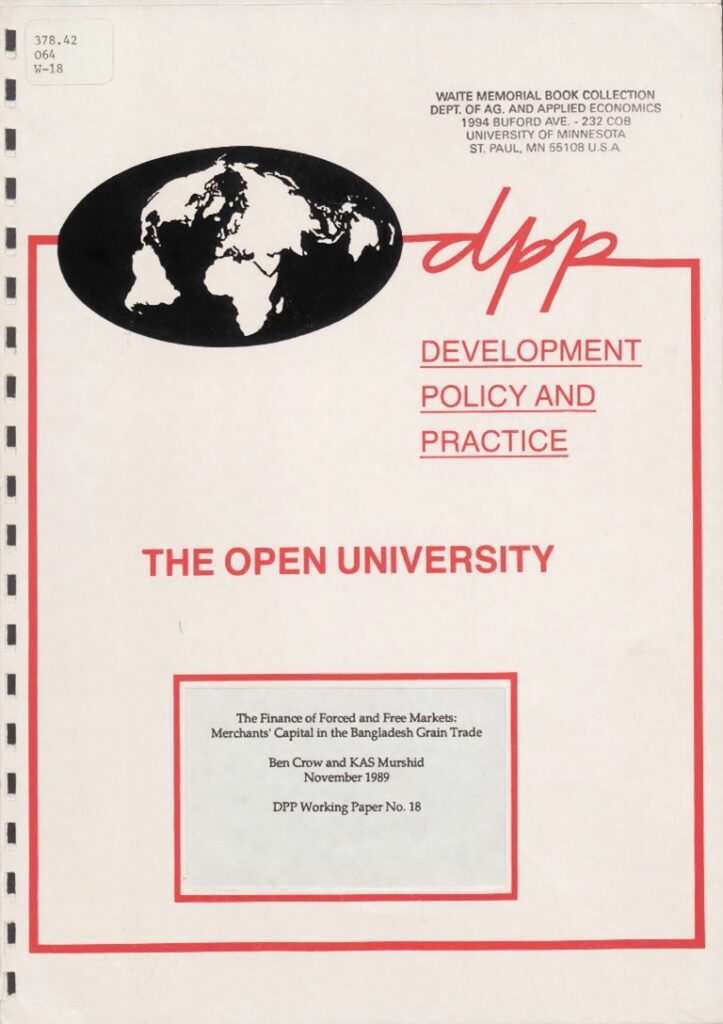
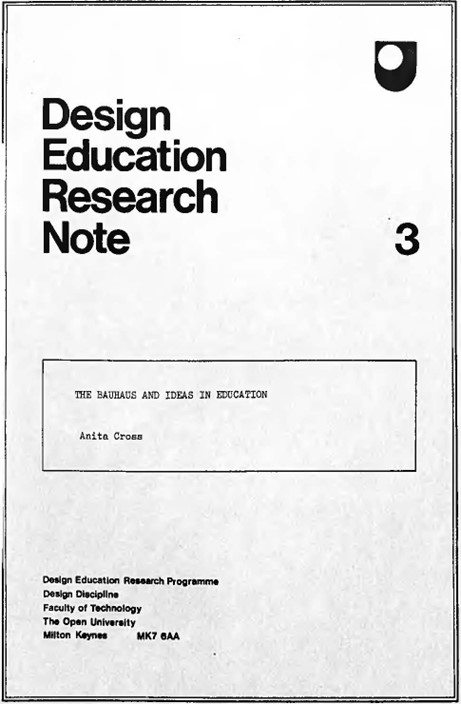
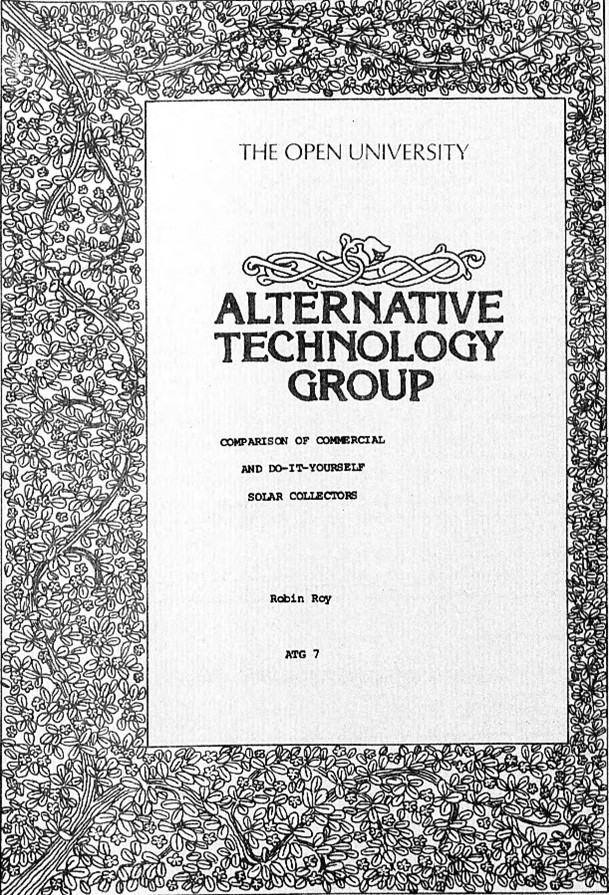

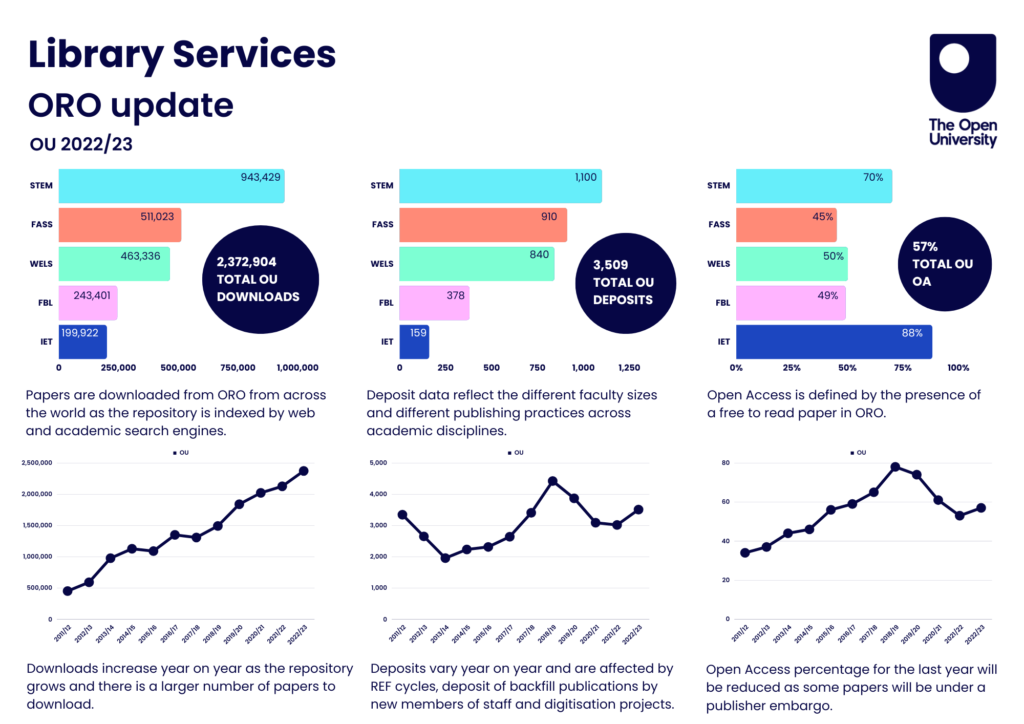
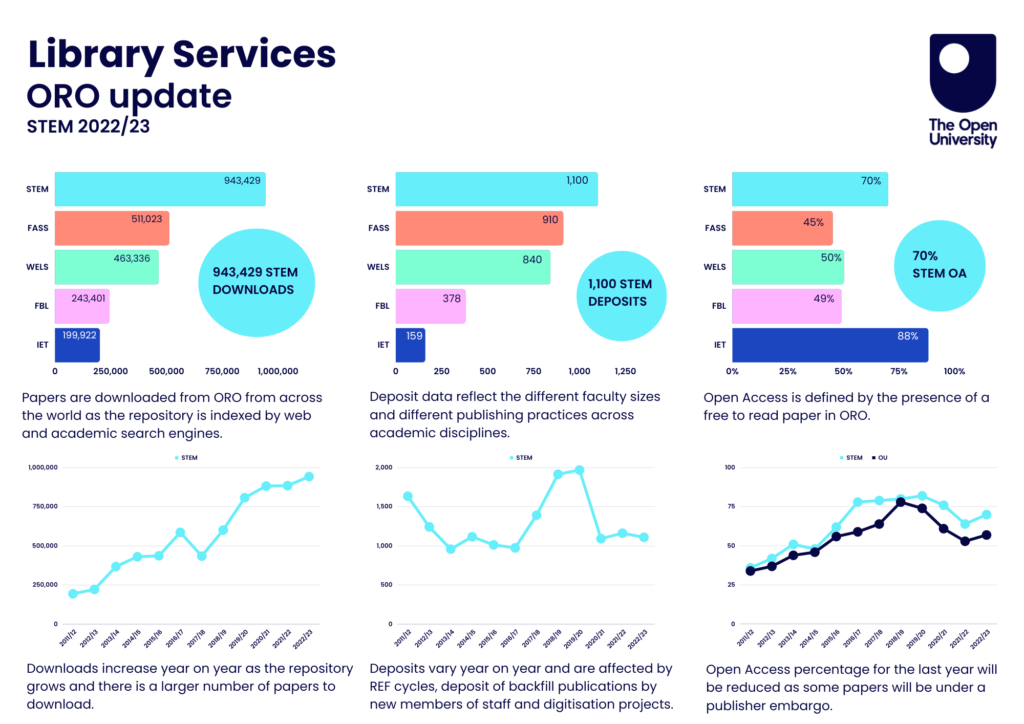
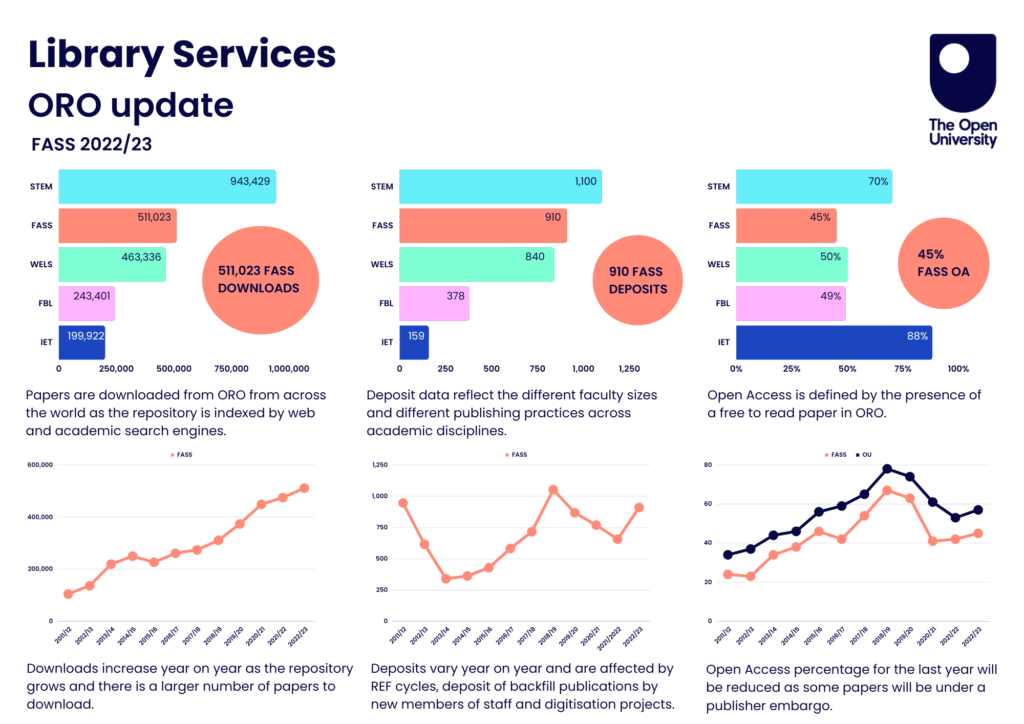
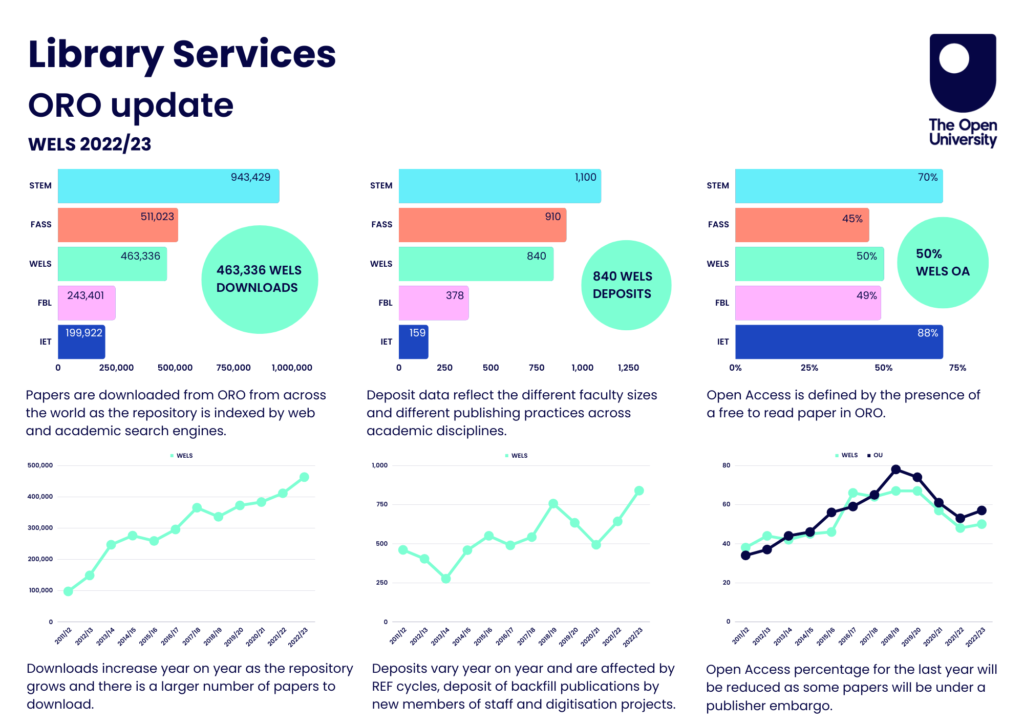
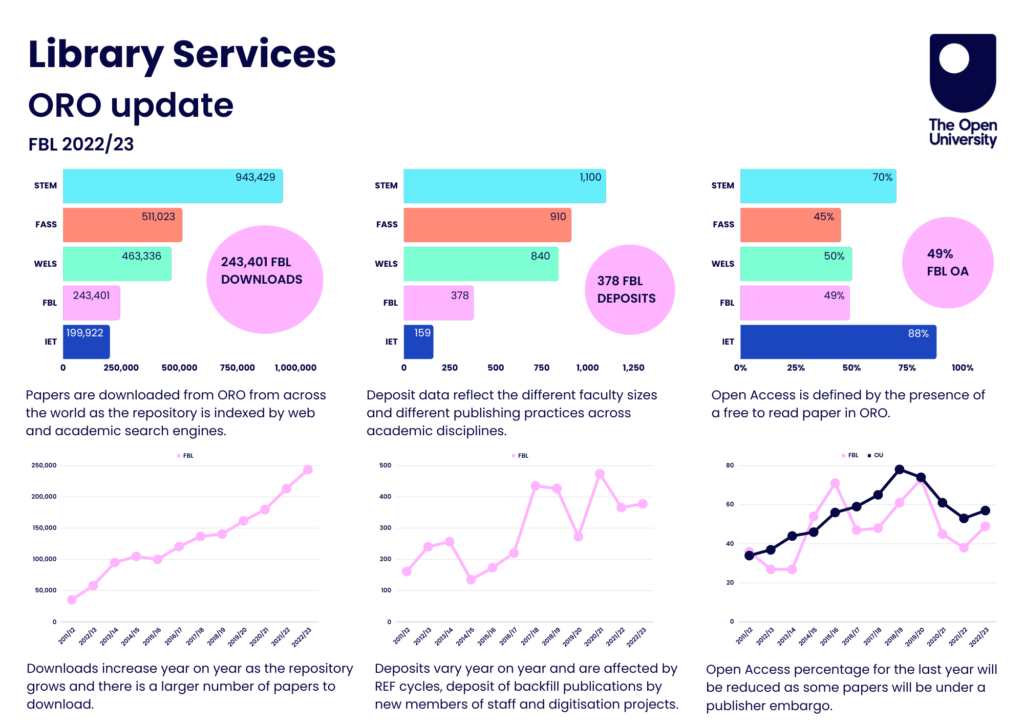
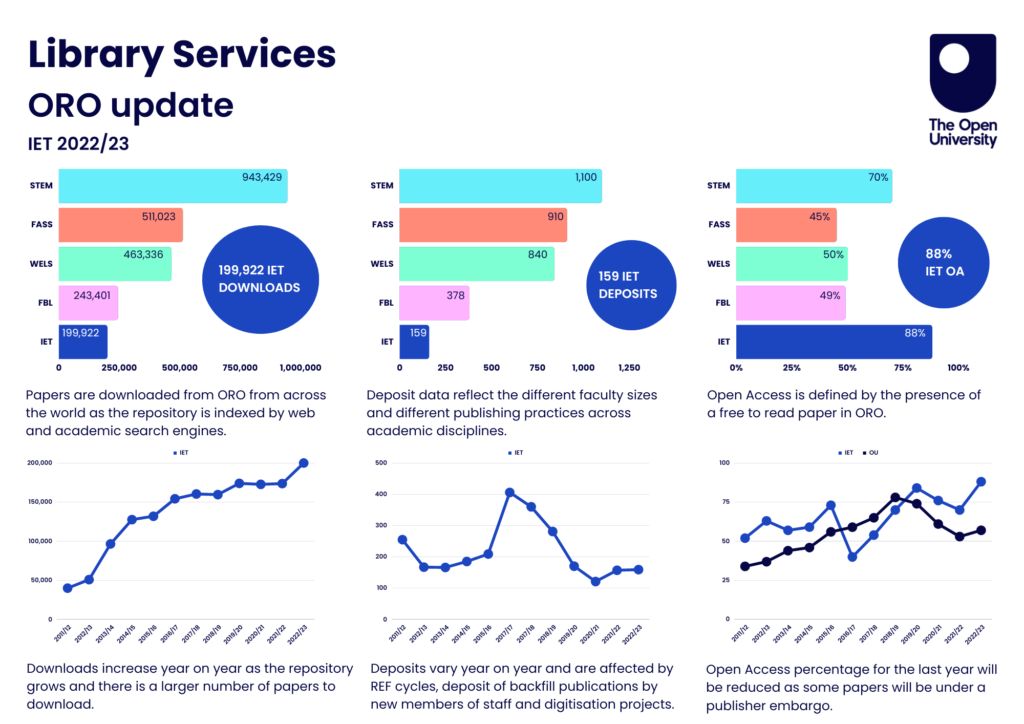
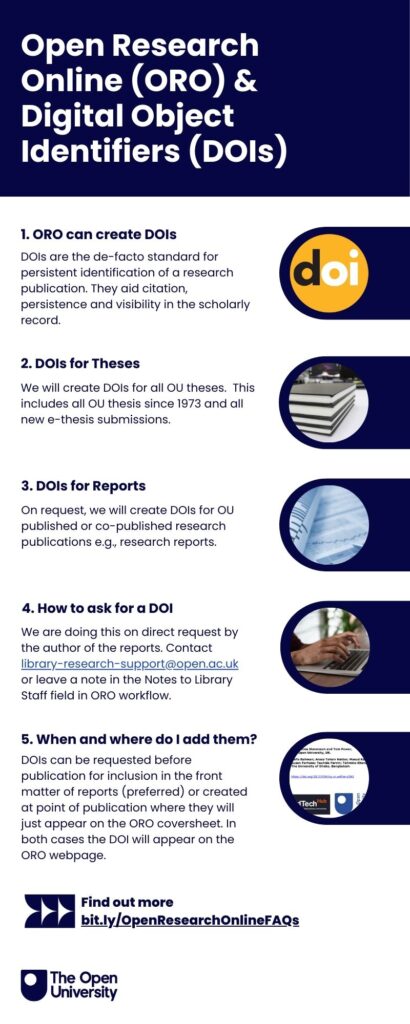
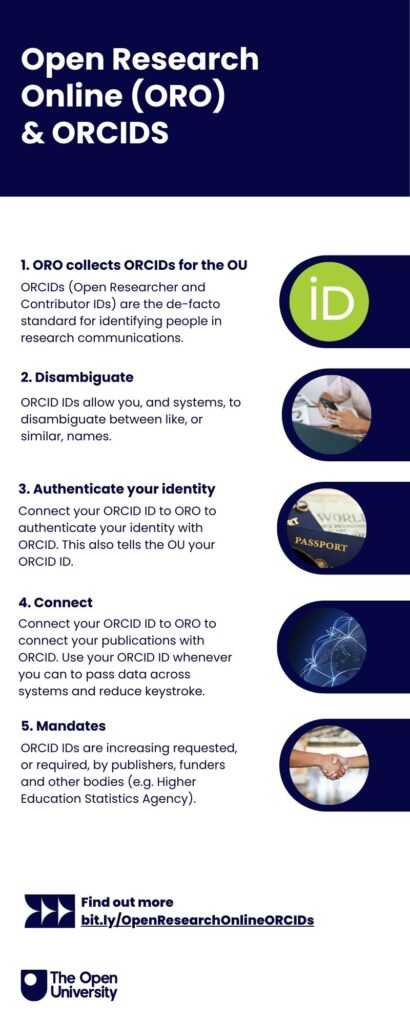
.jpg)
